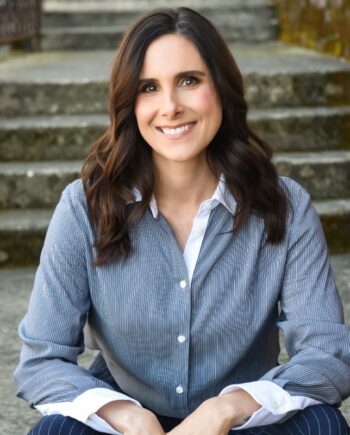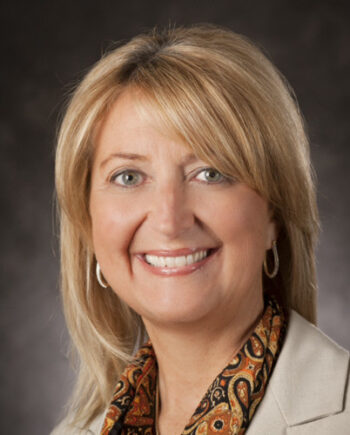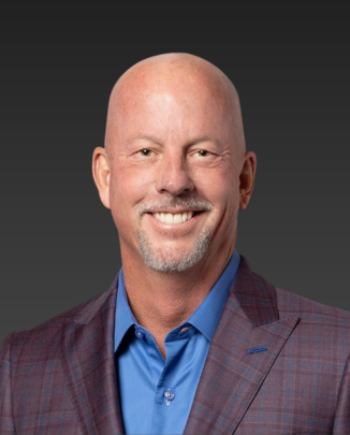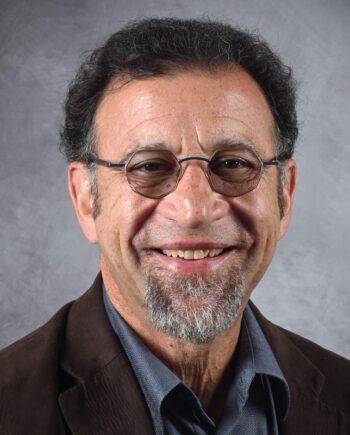
Waking up before sunrise. Long hours of work. A crowded room filled with people waiting for a consultation. A high stack of patient records waiting to be updated. Work-related stress. Fatigue. Sleep deprivation. Limited time for the family. A heavy feeling of responsibility for patients’ health.
Sounds familiar?
The words above describe a healthcare worker’s typical day. If the care provider happens to be in a relationship with children, they will have to get up an hour earlier to prepare breakfast. At the hospital or clinic, patients are waiting. To accommodate most of them, or at least 15 to 20 patients in a day, doctors jump from patients to patients.
The combination of sleep deprivation (especially in residents in training), high workload, fatigue, tackling several responsibilities, and feeling of accountability for the health of patients can be stressful. Some stress is okay, but overwhelming stress experienced daily can lead to burnout.
Burnout is not just limited to healthcare. People from other fields also get them. But burnout in healthcare is dangerous, not only to the primary caregivers but to patients as well. Doctors who are experiencing burnout are more likely to commit misdiagnosis that can potentially harm a patient’s life.
Unfortunately, some fields in medicine get a higher level of burnout than others. In a 2018 meta-analysis and systematic review by Rodrigues and colleagues published in the National Center for Biotechnology Information website, it was found that doctors in the general surgery, anesthesiology, obstetrics/gynecology, and orthopedics fields have 40.8% burnout rate compared to doctors in other fields.
The increasing rate of physician burnout is a cause of concern, and many companies and organizations are taking steps to fortify their teams against it.
There are many ways to manage chronic stress and avoid burnout. Among the many initiatives health care leaders have in their roster is to hire coaches who can help build resilience among team members.
In healthcare, one of the top coaching solutions is Elation.
Elation is a professional training and coaching platform that delivers proven wellbeing solutions for healthcare. It is founded by Chris Dimock, a business leader with a deep love for organization development and design of technologies that improve organizational performance.
I had the pleasure of interviewing Chris Dimock and Carlos Arce in the podcast.
Chris, as I have mentioned above, is the founder of Elation. Carlos is a keynote speaker, workshop presenter, and consultant of the company.
In my interview with them, Chris explained how Elation helps healthcare professionals.
“We are addressing this as an organizational dynamic. This is not about fixing physicians, and this is not about this direct cause and effect relationship that all this one thing is causing this dynamic for everybody. There is a local element to this that you have got to pay attention to. And then there is this combination of both the individual and the individual within this group and the system. So, we have taken methodologies that are helpful for individuals like executive coaching that we know works and puts people in the right spot. We’ve taken this approach as we’ve learned from organizational development when it comes to creating workplace cultural dynamics that are healthy and that are actually what we would call resilient in and of themselves.”
Elation optimizes organizational and individual performance through keynotes and webinars, assessments, coaching, and a program called Physician Informed Organizational-Resilience (PiOR).
To discover the concerns and how to best help an organization, Elation starts with a diagnostic, a four-core survey designed by Neuro Zone to help participants understand what builds resilience.
The second part of the program assigns a coach to each participant to allow the participant to identify goals, areas of improvement, and things that they would like to focus on as individuals.
“When we are working with a group of clinicians and administrators, they’re also receiving one-on-one executive coaching simultaneously. It’s happening kind of in parallel because these changes are happening in all different ways that are unknown to us individually.”
“I don’t know what it’s going to take for you to be in your best place. And you do not know what it is going to take for me to be in my best place. Sometimes that will happen from being in my group and seeing the changes in the group and seeing that the system itself is shifting. Some of that might have to be with some patterns that I’ve developed that have been kind of maladaptive behaviors that over time I just figure it’s not that big of a deal, I’ll just suck it up and bear through the tough stuff. And we know that in the long run, that can take its toll on people.”
“So, our approach is just kind of blended interaction so that we can pay attention to the systemic shifts that are happening and that is intended to occur so that it complements whatever else an organization is invested in. We want to make sure that people do not see this as a competing dynamic. This is a complementary intended to move the organization in the right direction.”
The third part of the program is group facilitation. This phase allows participants to discuss research studies and their implications for the workplace and their organizations.
Because of the COVID pandemic, in-person coaching and group meetings were placed on pause. All coaching is now done virtually. This did not stop the Elation team from doing what they love to do.
Carlos mentioned that they were able to create very engaging and dynamic applications of technology.
In this pandemic season where more and more healthcare professionals suffer from burnout due to overwork and the high volume of COVID patients, our medical teams need all the help they can get.
If you need help in building resilience in your team or optimizing your team’s performance, or you just want your healthcare professional to feel joy once again in what they do, Elation can help your organization.
Check out my full conversation with Chris and Carlos here: https://outcomesrocket.health/elation/2020/06/
According to the 2020 Centers for Disease Control and Prevention report, roughly 34.2 million Americans have diabetes,...
Read MoreAs a farmer, Rod was used to long days. He worked 18 hours a day, 7 days...
Read MoreWith investors receiving hundreds of pitch decks every year, how do you create a compelling presentation that...
Read More
Brittany Busse Co-Founder, President, and Chief Medical Officer at
ViTelHealth


Stephen Thorne Founder and CEO at
Pacific Dental Services

Keith Carlson Nurse Career Coach